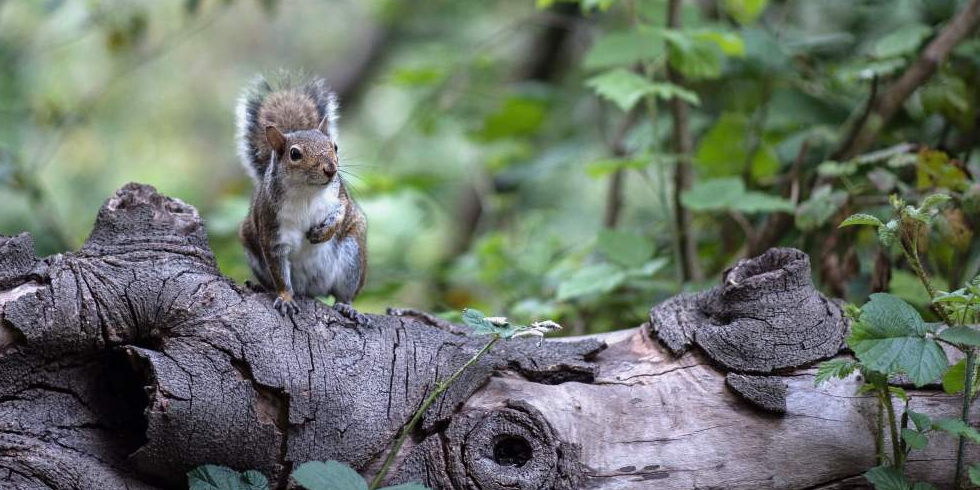North American red squirrels that strike out earlier to find territory of their own could stand a better chance of surviving the winter months, according to a new study involving biologists at the University of Alberta.
"We examined how the timing of acquiring territory affected winter survival, particularly when external conditions-like colder winters or increased numbers of predators-lead to higher mortality," said biology PhD student April Martinig, who was a co-author of the study.
The researchers worked from a trove of data on red squirrels collected since 1989 through the U of A's Kluane Red Squirrel Project, a large-scale, interdisciplinary field project monitoring squirrel populations in the southwest Yukon. Martinig's supervisor and study co-author Stan Boutin helps lead the project as one of its principal investigators.
"Our most significant finding was that owning territory has both direct and indirect benefits for survival," said Jack Hendrix ,the study's lead author who conducted the research as part of his graduate studies at the University of Guelph.
"The probability of surviving the winter was much higher for young red squirrels who found territories earlier, and they also seemed less susceptible to predators," explained Hendrix.
"So territories have a primary function-a cache of spruce cones to feed on throughout the winter-but also influence how much squirrels are affected by the environment around them."
Martinig said the study lays the groundwork to pursue questions that arose, such as, 'What are juveniles without a territory doing?
"These early findings suggest that moms may play a role in helping juveniles without a place of their own make it through their first winter-something that we are just beginning to understand, and a focus of my current work," she said.
Hendrix added that the research is valuable for wildlife ecologists to better understand survival at an individual level.
"By having information for individual squirrels as well as annual measures like temperature variation and predator and food abundance, we can understand how factors that affect population size-predation, climate, resources-can affect individuals differently," he said.
The study, "Territory Acquisition Mediates the Influence of Predators and Climate on Juvenile Red Squirrel Survival," was published in the Journal of Animal Ecology.
